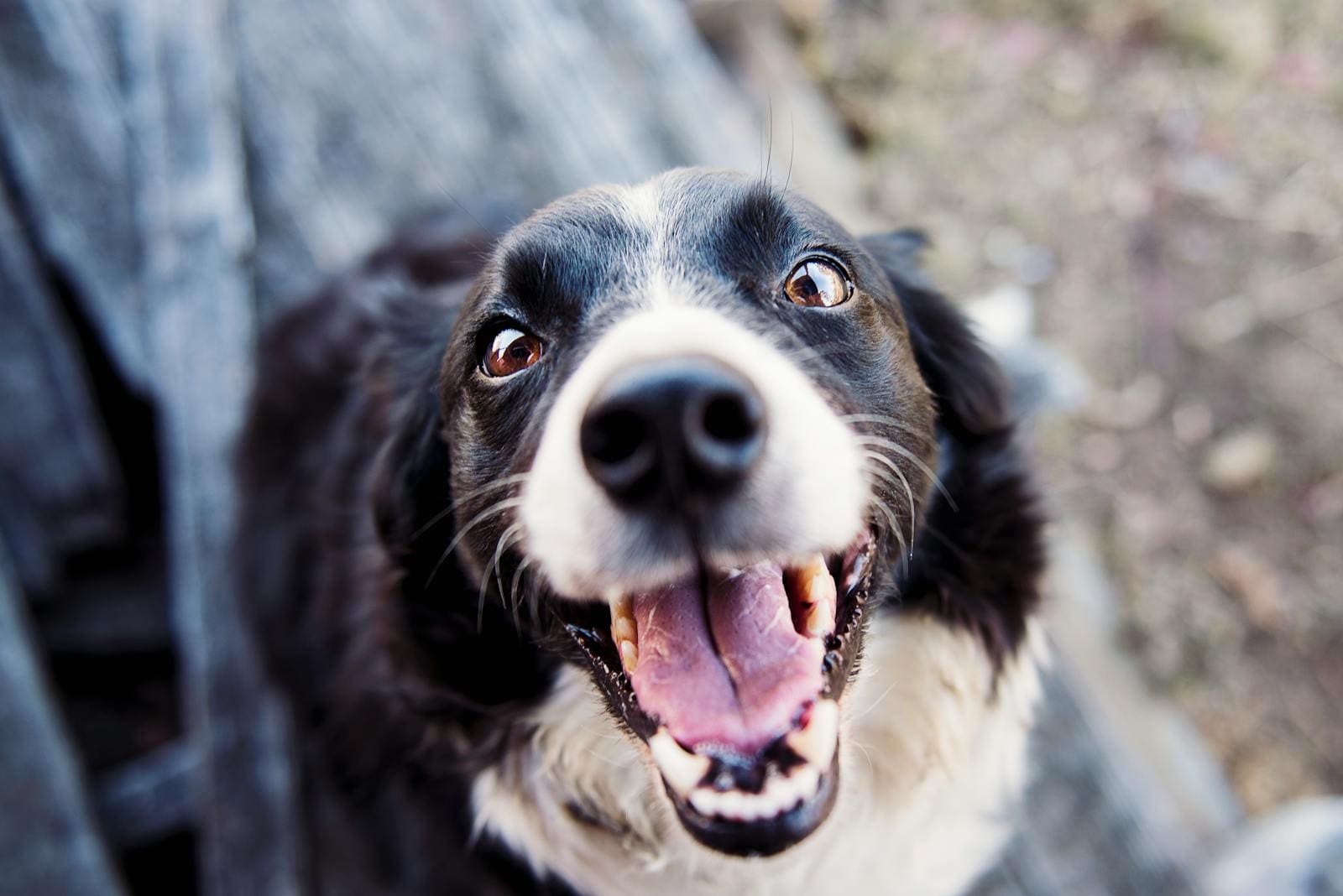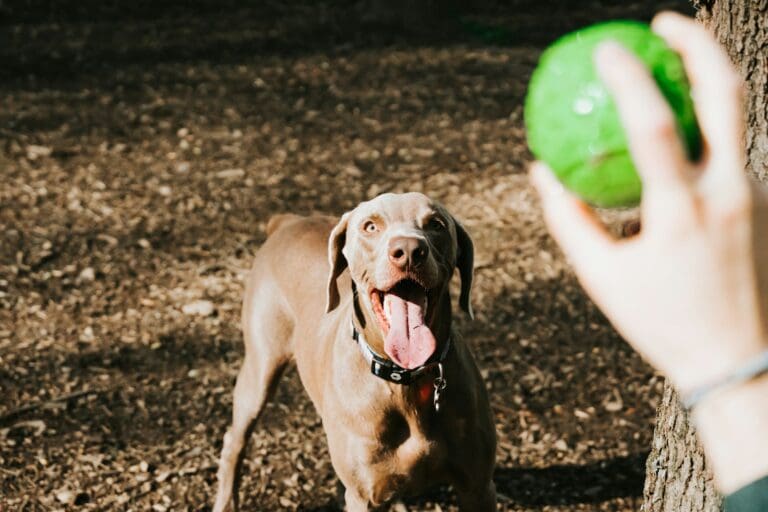Caring for a pet dog comes with a myriad of responsibilities that go beyond providing love and companionship. Understanding common mistakes pet owners make can be crucial in safeguarding your dog’s health and well-being.
This article highlights ten habits that may be inadvertently harming your furry friend, offering insights into maintaining a safe and nurturing environment for your canine companion.
10. Sharing Human Food Indiscriminately

While sharing food can strengthen your bond, indiscriminate feeding of human food can harm your dog’s health. Many common foods like chocolate, onions, and grapes are toxic to dogs. Even safe foods can lead to obesity and nutritional imbalances when given excessively. Stick to dog-specific treats and consult your vet before introducing human foods.
9. Irregular Bathroom Breaks
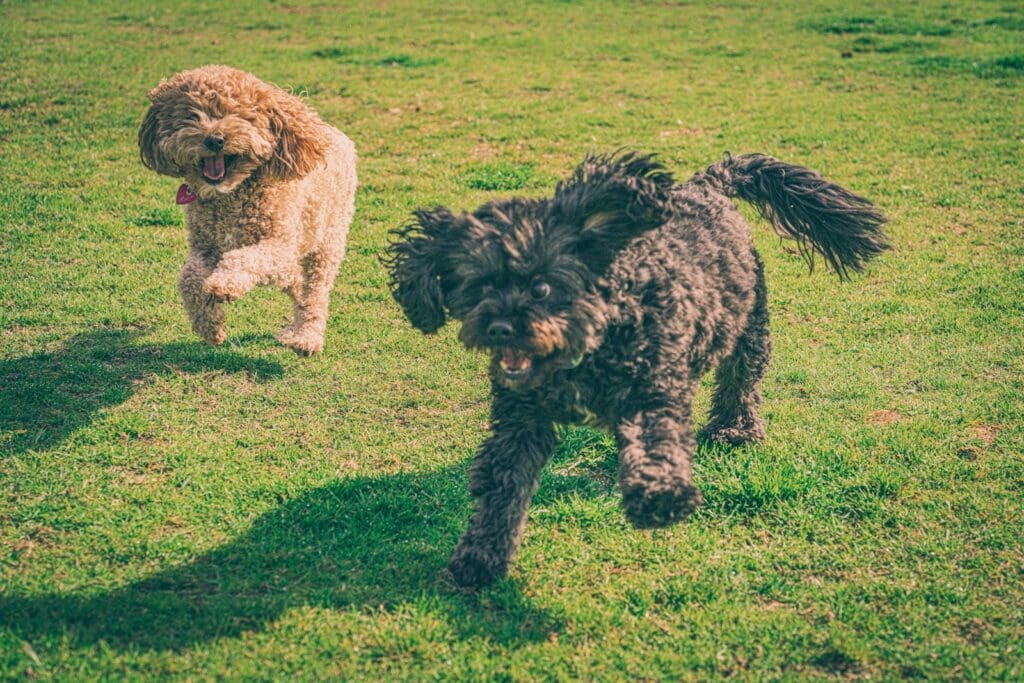
Inconsistent bathroom routines can lead to urinary tract infections, bladder issues, and digestive problems in dogs. Most adult dogs need to relieve themselves at least 3-5 times daily. Prolonged periods without urination can cause toxin buildup, while infrequent defecation may result in constipation or bowel obstructions. Establish a regular schedule to maintain your dog’s health and prevent accidents.
8. Neglecting Mental Stimulation
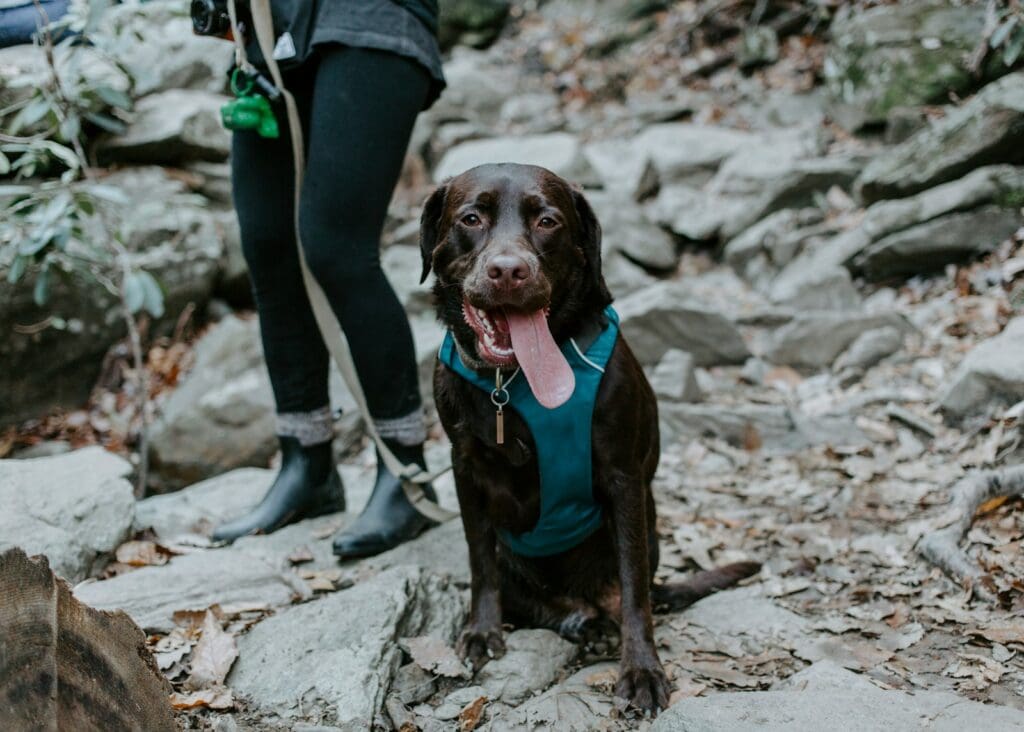
Lack of mental stimulation can lead to boredom, anxiety, and destructive behaviors in dogs. Mental exercise is just as crucial as physical activity for canine health. Engage your dog’s mind with puzzle toys, training sessions, and interactive games to prevent cognitive decline and promote overall well-being. Regular mental stimulation can also help reduce stress and improve behavior.
7. Allowing Unsupervised Access to Toxic Substances

Many common household items can be toxic to dogs, including certain foods, medications, and cleaning products. Antifreeze, chocolate, xylitol, and human medications are particularly dangerous. Keep these substances securely stored and out of your dog’s reach to prevent accidental ingestion and potential poisoning.
6. Inconsistent Grooming Practices

Irregular grooming can lead to matted fur, skin infections, and discomfort for your dog. Establish a consistent grooming routine based on your dog’s coat type and needs. Regular brushing removes loose fur, distributes natural oils, and prevents painful matting. Don’t forget to trim nails and clean ears to maintain overall health.
5. Exposing to Secondhand Smoke

Secondhand smoke poses serious health risks to dogs, potentially leading to respiratory problems, allergies, and even cancer. Dogs exposed to tobacco smoke are at higher risk of developing lung and nasal cancers, with long-nosed breeds particularly susceptible to nasal cancer. Protect your furry friend by maintaining a smoke-free environment at home.
4. Skipping Routine Vet Check-ups
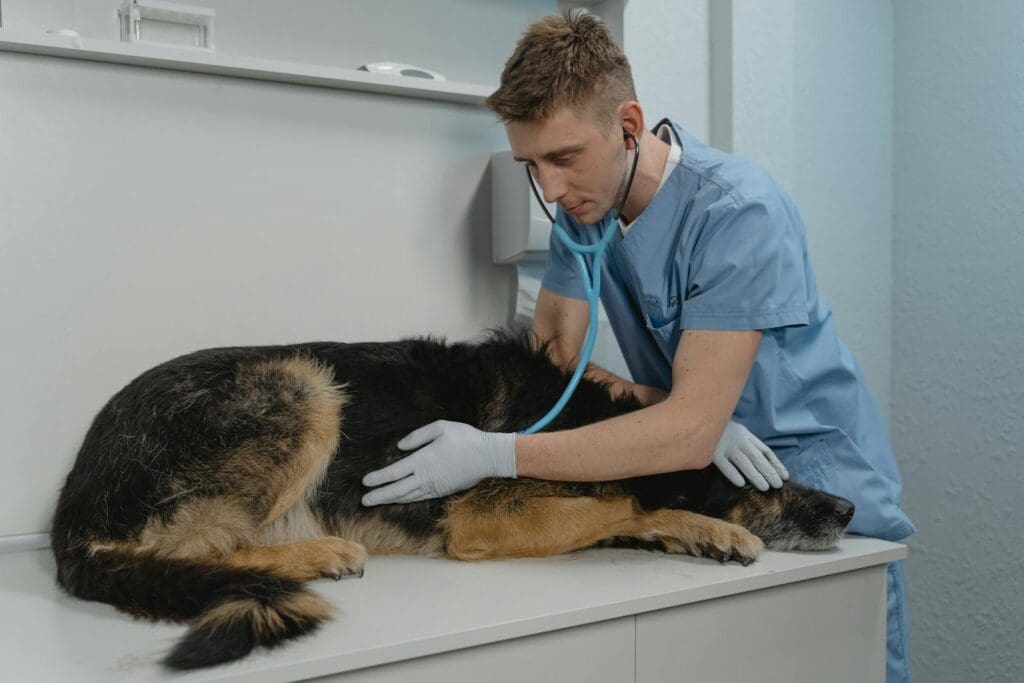
Regular veterinary visits are crucial for your dog’s health. Annual check-ups allow early detection of diseases, ensure up-to-date vaccinations, and monitor overall well-being. Skipping these appointments can lead to undiagnosed issues becoming serious health problems. Even if your dog seems healthy, yearly exams are essential for preventive care and longevity.
3. Ignoring Dental Hygiene

Neglecting your dog’s dental care can lead to serious health issues. Poor oral hygiene causes plaque buildup, gum disease, and tooth loss. Bacteria from dental infections can enter the bloodstream, potentially damaging vital organs like the heart and kidneys. Regular teeth brushing and professional cleanings are essential for your dog’s overall health.
Related: 10 Puppy Health Issues You Need to Know Before It’s Too Late
2. Lack of Regular Exercise

Insufficient physical activity can lead to obesity, joint problems, and behavioral issues in dogs. Regular exercise is crucial for maintaining a healthy weight, muscle tone, and mental stimulation. Without adequate exercise, dogs may become restless, destructive, or depressed. Aim for daily walks and playtime to keep your furry friend healthy and happy.
Related: 10 Signs Your Stress Might Be Hurting Your Pets
1. Overfeeding and Excessive Treats

Overfeeding your dog can lead to obesity, which increases the risk of diabetes, joint problems, and heart disease. Excessive treats contribute to weight gain and digestive issues. Stick to recommended portion sizes and limit treats to 10% of daily calorie intake. Regular exercise is crucial for maintaining a healthy weight.
Related: 10 Alarming Clues Your Dog Could Be Sick and What to Do

